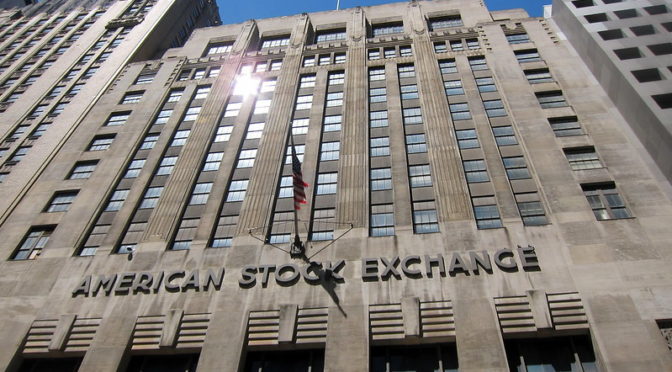With various states moving to “re-open” the economy and bring things “back to normal,” it benefits us to look at what we might return to — and how the conditions we’ve come to accept as “normal” played such a significant role in getting us to the current crisis.
In Labor Notes last month, SLU professor Stephanie Luce outlined how we define the economy — and how the illusion of a strong economy has helped produce our current dysfunction:
Capitalism is ideologically based on the principles of individualism and competition, but it becomes completely clear in a pandemic that what’s needed is solidarity: collective solutions that help everyone.
For example, if we assume profit should guide health care decisions, millions of people won’t be able to afford treatment, or even testing, and the virus will just continue to spread. The market solution would let rich people buy ventilators for themselves, just in case, while hospitals need them. So far, the U.S. has made no promises that a vaccine will be free or affordable.
In addition, the pandemic has exposed weaknesses that were already there in our economy. The real economy has been struggling since the 2008 crash. The virus didn’t cause the stock markets to falter in February: it was only a trigger. You could say that the real economy was already immune-compromised and had little ability to withstand disruption.
One possible path out of the 2008 crash would have been for governments to try “managed capitalism,” where governments make long-term plans to build and support certain industries, such as “green production”; invest in those industries; put money into rebuilding infrastructure; and regulate what investors can and cannot do (such as making corporations pay taxes so that some of their profit is used for public goods like schools rather than for speculative investing), so the economy is not so vulnerable to bubbles and recessions. That didn’t happen.
But it is not even clear whether that path would have worked. In fact, economic growth in most of the rich countries slowed in the 1970s and has never recovered since then. And even where we have seen some growth, such as a steady and strong growth in productivity, it has not brought about an increase in the standard of living for the average worker.
Luce goes on to describe the failures of the “solutions” that wonks and politicians have employed along the way in order to try to bandage over some of the fundamental issues with our society, from private credit and debt to government debt to relaxing rules for banks and investors. She also points to where we might go from here, looking to “a host of solid proposals, like taxing Wall Street and the wealthy, Medicare for All, and Caring Across Generations to fund care work, show us a path to economic (and public health) recovery. Some, like the Green New Deal, are also our only hope for environmental sustainability.”




